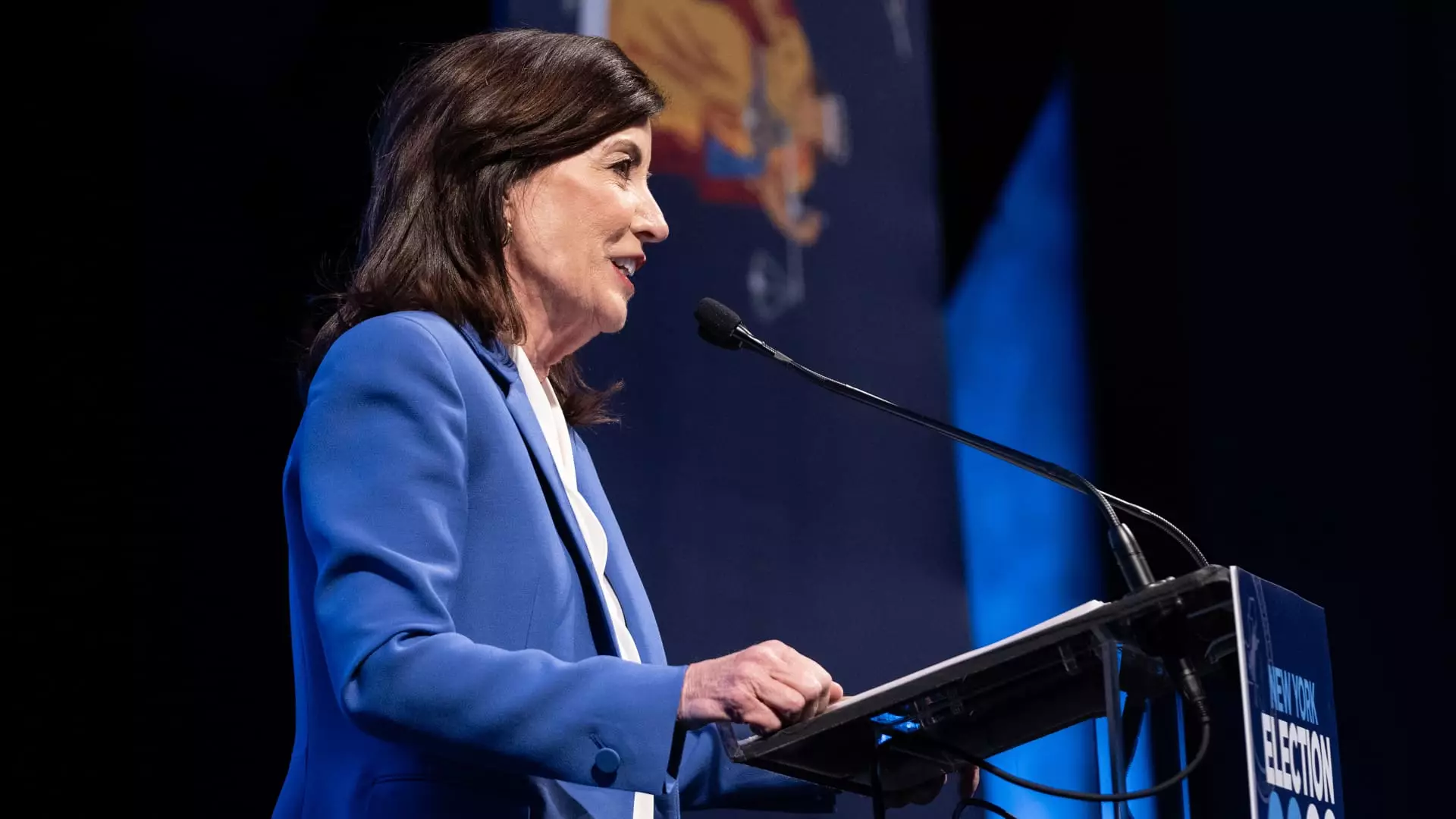The launch of a new program in New York offering homeowners up to $14,000 in rebates for energy-efficiency upgrades marks a significant shift in the landscape of home improvement initiatives. The program is part of the federal Inflation Reduction Act, which is the largest piece of climate legislation in U.S. history signed by President Joe Biden in 2022. The aim is to encourage homeowners to make their properties more energy-efficient, thereby reducing carbon emissions and cutting future energy bills.
The Home Energy Rebates programs under the Inflation Reduction Act offer financial incentives to consumers, making it easier for them to undertake upgrades such as air sealing, insulation, electric heat pumps, and electric stoves. These upgrades not only make homes more eco-friendly but also help homeowners save money in the long run by reducing energy consumption.
New York took the lead in launching the rebate program, with other states expected to follow suit by the end of summer. As of June, seventeen states had applied for Home Energy Rebates funding, showing a strong commitment to promoting energy efficiency. The Energy Department anticipates that more states will make these rebates available in the coming months, with California and Hawaii already in the final stages before rollout.
The Home Energy Rebates programs are designed to benefit low and middle-income homeowners, with New York initially targeting low-income, single-family households. To qualify, homeowners must have an income of 80% or below their area’s median income. The rebates are capped at a maximum dollar amount per project, with low-income households eligible to offset 100% of their project costs, up to $24,000 in combined federal and state funds.
New York plans to expand the rebate program in the near future, making it available to moderate-income residents, multifamily buildings, and the purchase of electric appliances like ENERGY STAR-rated electric stoves and electric heat pump clothes dryers. The program is set to evolve to cater to a wider range of homeowners, promoting energy efficiency at all levels of the housing market.
The Home Efficiency Rebates program, which is yet to be launched by any state, takes a technology-neutral approach by rewarding households based on the overall energy savings achieved through efficiency upgrades. The program places a premium on deeper energy cuts, offering larger rebates of up to $8,000 for significant reductions in energy consumption.
The introduction of new energy-efficiency rebate programs represents a game-changer for homeowners looking to make their properties more sustainable and cost-effective. By providing financial incentives and support, these programs not only encourage energy-efficient upgrades but also contribute to a greener and more environmentally conscious future for all. As more states embrace these initiatives, the impact of the Inflation Reduction Act is set to reverberate across the country, ushering in a new era of climate action and sustainable living.


Leave a Reply